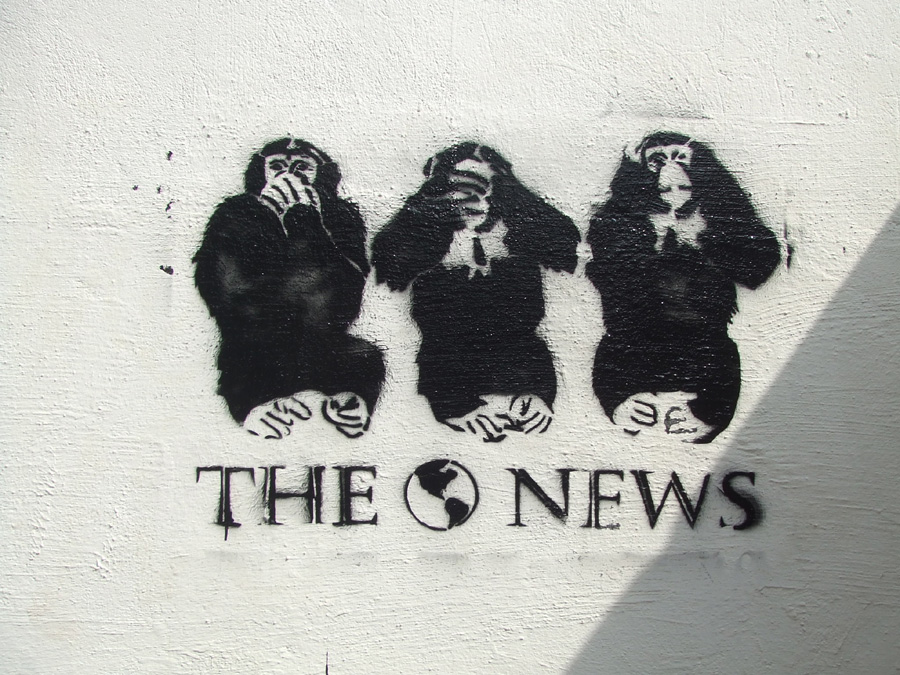
In a climactic moment in the movie Armageddon, a team of drilling experts valiantly attempting to save planet earth from complete annihilation has everything that can possibly go wrong, do so.
When it seemingly becomes clear that the entire universe is conspiring against the success of their noble efforts to save the world, the team member played by Steve Buscemi looks in awestruck wonder at the FUBAR-ity of it all, and the enormity of the tragedy they’re about to witness, and mutters:
“It’s a g#######d Greek tragedy.”
That profane line of dialogue has come to mind on numerous occasions as this election year has rolled along.
What a difference a year makes. A year ago I was optimistic that after eight long, heartbreaking years of watching a great nation intentionally weakened; her standing in the world diminished; and her blood-bought liberties eroded; we had our best opportunity in decades to put a conservative statesman in the White House. (It’s been since 1980 since we had one of those.)
On one hand, the Democrats were set to put forth the weakest, most flawed, most beatable group of candidates since 1968. Old, tired, corrupt, extreme, unlikable and white.
On the other hand, the Republicans boasted one of the most impressive crops of candidates in living memory. Young, intelligent, articulate, proven and ethnically diverse.
Then came Trump. And everything instantly went to hell.
Early on I dashed off a few thoughts in posts titled, “On Donald Trump,” and “Deconstructing the Appeal of Donald Trump.” This will be my final post on him.
It now seems clear that one of two scenarios is inevitable:
- Donald Trump wins the Republican nomination and loses to Hillary Clinton in the general election.
- Or some sort of brokered convention snatches the nomination from Trump with the result of alienating a significant swath of vital Republican voters.
Either outcome puts Hillary Clinton in the White House for eight more years of calamity for America. The only wildcard that might avert this Trump-caused catastrophe is a multi-count federal indictment of Hillary between now and November. Not likely (although appropriate.)
The Enigma of Evangelical Attraction to Trump
In a non-Armageddon-like universe, Ted Cruz would have owned the Evangelical vote. But here in Bizzaro world, he hasn’t. Instead, large numbers of Christians have cast their vote for a profane casino-owning huckster who boasts about the proportions of his genitalia in televised presidential debates.
Christian leaders like Jerry Falwell, Jr., FBC Dallas pastor Robert Jeffress, Beni Johnson (wife of Bethel’s Bill Johnson), and numerous others are vocally endorsing and defending a man who thinks personal insults like “loser” and “clown” are an adequate substitute for cogent policy arguments.
He has not once given objective listeners a reason to believe has has thought deeply or read seriously about a single issue important to Christians or conservatives.
In recent weeks, Mr. Trump has doubled down on his promise to “force Mexico to pay for a border wall.” (He can’t. Of course, he knows that. He’s just betting that you and I don’t.)
He has suggested that as President he’d make China assassinate North Korea’s Kim Jong Un. (Uh, again, no.)
He talks about the presidency the same way liberals and children do, as if the office conveys god-like power. Again, he doesn’t really believe any of this. It’s marketing.
In an email to his subscribers, liberal comedian Louis C.K. recently had a word of warning and advice for conservatives. “He is not one of you. He is one of him . . . He is playing you.”
It’s true. And it’s disappointing to find a significant number of my fellow evangelicals either blissfully unaware of that fact, or bafflingly indifferent to it.
It feels like a tragedy. A Greek tragedy.


 In 1987 Star Trek: The Next Generation revived and reinvigorated the franchise. That was the year I got marred and my new bride and I faithfully watched the new series each week and became invested in the characters.
In 1987 Star Trek: The Next Generation revived and reinvigorated the franchise. That was the year I got marred and my new bride and I faithfully watched the new series each week and became invested in the characters. The latest reboot of the franchise, crafted by master scifi-fantasy storyteller J.J. Abrams, has once again remade the moral framework within which the familiar characters think and act.
The latest reboot of the franchise, crafted by master scifi-fantasy storyteller J.J. Abrams, has once again remade the moral framework within which the familiar characters think and act.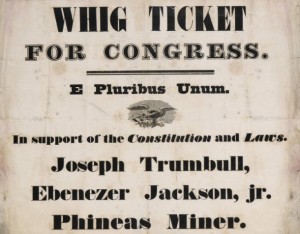
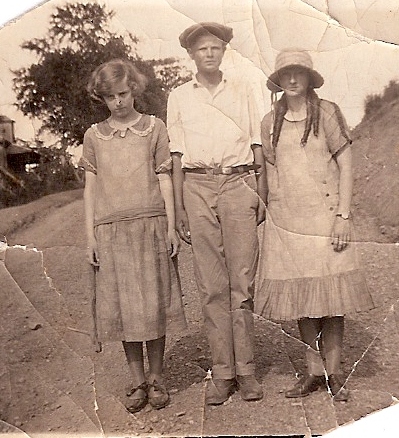
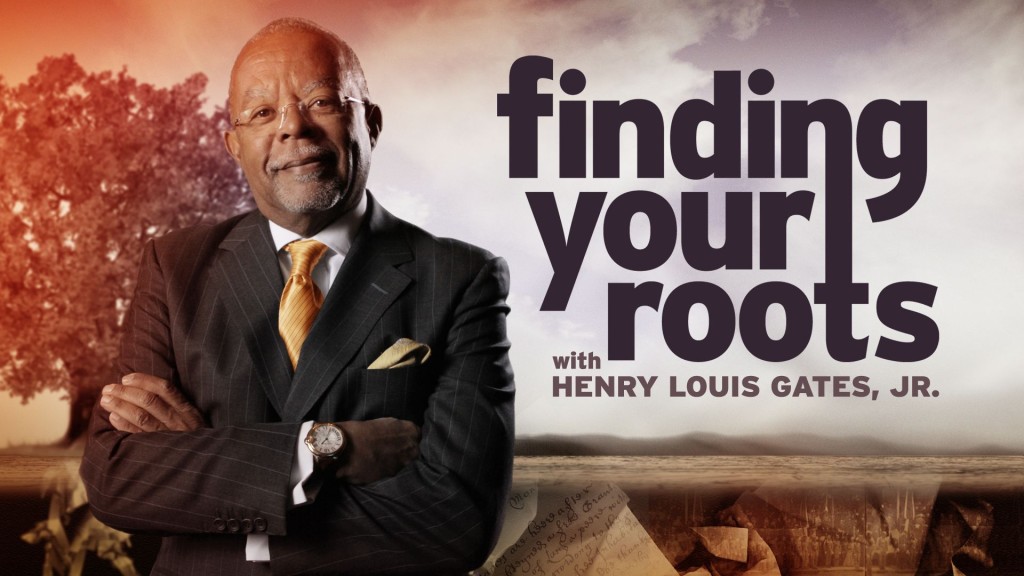
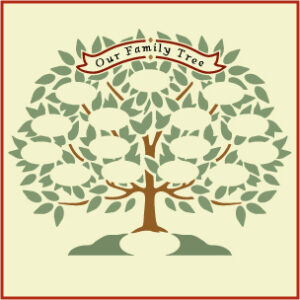 A few years ago I bought Mrs. H a subscription to Ancestry dot com for her birthday after she’d expressed some curiosity about her roots (she’s half Czech).
A few years ago I bought Mrs. H a subscription to Ancestry dot com for her birthday after she’d expressed some curiosity about her roots (she’s half Czech). Nevertheless, it’s fascinating to see how one individual’s mistake can snowball into something huge and seemingly universally accepted. Two or three people replicate that one person’s error. Then others observe that three or four people seem to all agree. Soon it seems like hundreds of people have all reached the same conclusion. It must be true!
Nevertheless, it’s fascinating to see how one individual’s mistake can snowball into something huge and seemingly universally accepted. Two or three people replicate that one person’s error. Then others observe that three or four people seem to all agree. Soon it seems like hundreds of people have all reached the same conclusion. It must be true!
 It’s been almost six years since my colleague Stephen Mansfield and I researched and wrote our book about you—The Faith and Values of Sarah Palin.
It’s been almost six years since my colleague Stephen Mansfield and I researched and wrote our book about you—The Faith and Values of Sarah Palin. The first was your tenacious and passionate commitment to constitutional constraints on the power of government. We described the way you consistently pointed to Alaska’s constitution as a candidate; and we cited numerous instances in which you courageously stayed true to those principles while in office.
The first was your tenacious and passionate commitment to constitutional constraints on the power of government. We described the way you consistently pointed to Alaska’s constitution as a candidate; and we cited numerous instances in which you courageously stayed true to those principles while in office. All of which makes your recent endorsement of Donald Trump not only disappointing but baffling. And I’m not the only one struggling to reconcile your ethusiastic cheerleading for Mr. Trump with the principles you’ve articulated and lived in public over the last ten years.
All of which makes your recent endorsement of Donald Trump not only disappointing but baffling. And I’m not the only one struggling to reconcile your ethusiastic cheerleading for Mr. Trump with the principles you’ve articulated and lived in public over the last ten years.